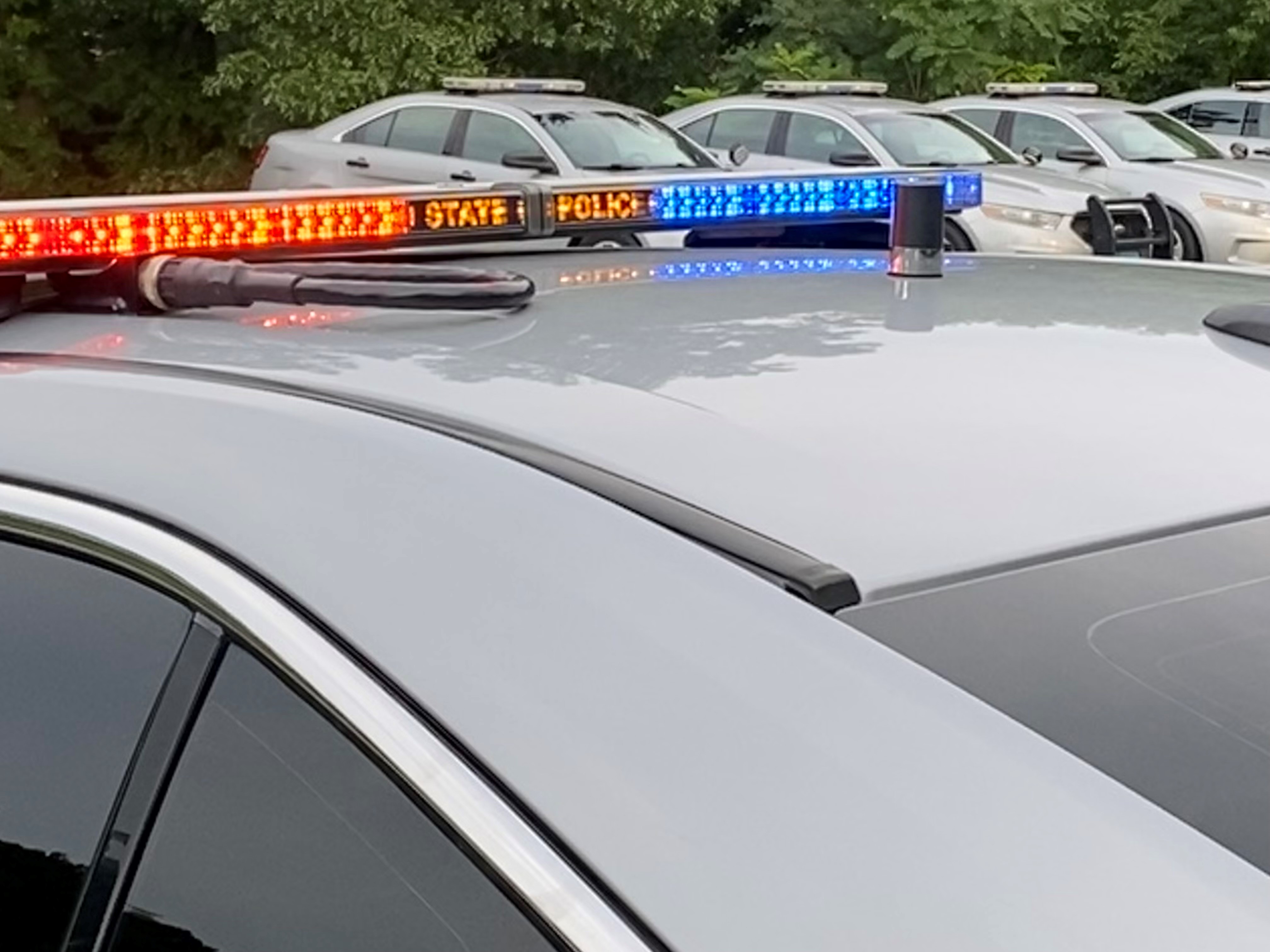You may have heard concerns about an executive order signed by the governor last week that allows patients, doctors and local health districts to access COVID-19 vaccination records.
Some people say it's a violation of privacy laws. On Monday, Gov. Ned Lamont defended the order, saying in a pandemic, this is only going to be beneficial.
"I think it's really relevant for a school nurse to know if people are vaccinated in the classroom or not and what the protocols ought to be. It's the best way to keep them safe and keep them in the classroom," Lamont said.
John Aloysius Cogan, Jr. an associate professor at UConn School of Law, sat down with NBC Connecticut's Dan Corcoran to discuss the legal implications of the order.
Get Connecticut local news, weather forecasts and entertainment stories to your inbox. Sign up for NBC Connecticut newsletters.
Dan: "So John, anytime access to information like this is being granted to anybody, basically people tend to get worried about their privacy, often times for good reason, but can you talk about what the governor's executive order actually allows?"
Cogan: "Well, the governor's order allows the Department of Health, the state Department of Health to give access to vaccination information to public health authorities, school nurses and providers. And that information is information related to COVID vaccination status."
Local
Dan: "Now, before your time at UConn Law, you were involved in drafting HIPAA Privacy provisions with the federal government. So does the public have a good understanding about what HIPAA is? And what it does and does not cover?"
Cogan: "Not generally no, there were a lot of good intentions when the law was drafted and the regulations were written. But as a practical matter, most people don't understand HIPAA don't understand what it does or who it protects. And for that reason, it creates a lot of misunderstandings about what HIPAA does for, you know, average citizens and what information it protects. HIPAA only covers certain people and certain disclosures of information."
Dan: "And does it cover what we're talking about? In this discussion right now? What when it relates to vaccination status, with the executive order?"
Cogan: "Yeah, no, it doesn't. So HIPAA, HIPAA applies to certain health care providers, to health plans, like insurance companies, or Medicaid plans, and certain entities that deal in the transmission of medical information. So wouldn't apply to, for example, the state public health department that has this information."
Dan: "Does the release of medical information in this discussion actually concern you at all, what we're talking about here?"
Cogan: "Listen, the release of medical information is should always be of some concern, right. And I know that there are a lot of people that, who are concerned about this. However, in this particular instance, we have to weigh the benefits against the potential detriments of releasing this information. The benefits are huge, right? It's - it's to help get more people vaccinated so we can effectively fight this virus."
Dan: "If someone does have legitimate privacy concerns about this or about something else, what should they do?"
Cogan: "Well, there's actually very, very little they can do. There's no sort of opt-out here. But the only information that the CDC and the Department of Health have in this respect is whether you've been vaccinated or not. And when that took place."



